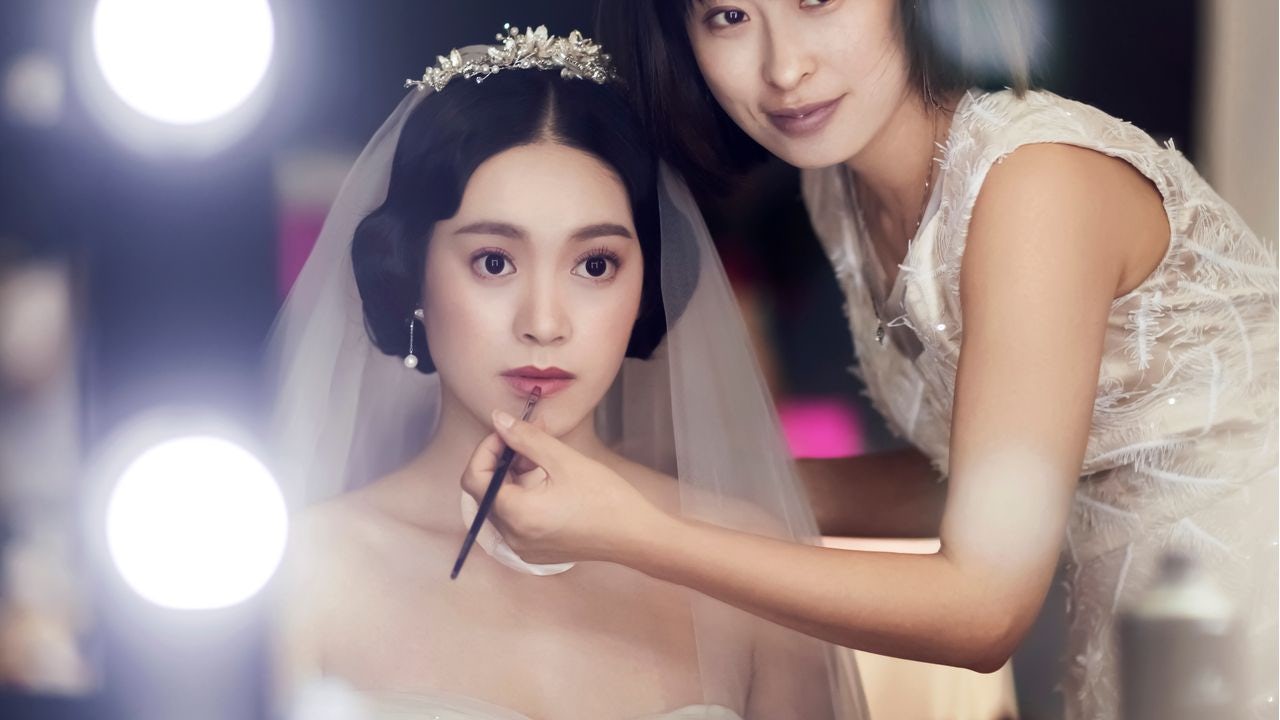Key Takeaways:#
- Over 44 percent of female respondents living in Chinese cities aged 18 to 26 do not intend to marry, so they are more likely to spend on themselves in categories like watches and jewelry.
- Luxury brands need to avoid gender stereotyping to ensure authenticity with Alpha women since gender-free collections in categories like fashion, fragrances, and watches have become popular in this segment.
- Luxury brands can use virtual characters to represent aspirational attributes for a younger demographic like Burberry did with the two exclusive skins it created for Yao, the heroine of the Honor of Kings video game.
The female economy is booming in China. According to the most optimistic scenario presented by UBS Global Research, China’s 5.3 trillion household growth over the current decade will be 80-percent driven by booming female income. Currently, China has one of the highest women's labor force participation and full-time employment rates in the Asia Pacific.
In fact, female graduates from tertiary education centers outnumber their male peers. However, as Chinese women still earn 25-percent less than men on average, gender pay inequality is holding back what could potentially be a massive boost to the so-called “she economy.”
According to the PwC report Women in Work Index 2019, closing the gender gap would generate 2 trillion in female earnings. Yet, a sense of self-belief has helped women meet their professional and personal goals, regardless of the pay gap. China dominates the world in self-made female billionaires, proven by how Mainland China climbed the rankings of the 2020 Mastercard Index of Women Entrepreneurs. A “can-do” attitude is a precursor for so-called "alpha women," who prefer to take destiny into their own hands. This consumer segment has transformed rapidly over recent years, but the luxury market has been slow to keep up with them. Will luxury brands adapt or get left behind?
Female autonomy#
Today, Chinese women are more often searching for social independence in which they prefer not to be in a relationship or delay marriage. A recent poll proved this concept, reporting that 44 percent of female respondents living in Chinese cities aged 18 to 26 do not intend to marry. Spending power combined with an independent lifestyle means Chinese women are more likely to spend on themselves in categories like watches and jewelry.
This confluence also creates business opportunities in sectors that have traditionally been male-centric. According to a BCG study in 2020, women in Asia (excluding Japan) held 32 percent of the total regional wealth pool. Meanwhile, Asia is expected to become the fastest-growing hub of wealth creation for women. As such, investment banks have started recognizing this business potential, and many now provide wealth management services tailored to female investors.
She power#
Consumerism has come to represent a powerful expression of female power and influence in today's urban Chinese society. Its conspicuous codes denote more than just economic status; they also confirm rank in the country's social hierarchy.
For instance, the Chinese alpha female consumer now wears larger watches than before, an upward trend that is globally visible. According to a Watches of Switzerland market report cited in The Financial Times, sales of watches to women between 28mm and 31mm in diameter increased from 39 percent in 2016 to 62 percent during 2020. Chalk that up to the new breed of Alpha-women consumers.
Gender-neutral#
Femininity is an important attribute that reflects self-confidence and empowerment. For example, Victoria’s Secret has used galvanizing slogans like “Support you to be yourself” and “Be whatever you want to be” in its rebranding efforts in China. And indeed, luxury brands need to avoid gender stereotyping to ensure authenticity.

The growing popularity of gender-free collections in categories like fashion, fragrances, and watches has helped minimize gender differences. Lingerie labels such as Bananain have even popularized gender-neutral underwear. Meanwhile, streetwear has become synonymous with genderless fashion, and gender-neutral pieces were a feature at Shanghai Fashion Week. Therefore, if luxury brands want to portray the old ideal of feminine sexuality in stereotypical roles, they should probably think again.
Positive role models#
Likewise, role models will be more critical than ever as a source of genuine inspiration. The L'Oréal-UNESCO Awards for Women in Science recognizes women researchers in environmental and life sciences. A laureate of the 2022 Award was Professor Hailan Hu of Zhejiang University School of Medicine, a pioneering authority in neuroscience. In a similar vein, luxury brands can also use virtual characters to represent aspirational attributes for a younger demographic. For example, Burberry created two exclusive skins for Yao, the heroine of the Honor of Kings video game with a huge following among female players.

The fabric of Chinese society is changing, but profound challenges still exist in addressing gender inequalities. China currently places 107 out of 138 countries in the World Economic Forum's Global Gender Gap Index 2021 rankings. Luxury brands can help raise self-esteem and forge an Alpha-women identity among China's younger generations. Because, undoubtedly, the future of luxury in China is Alpha with a capital A.
Glyn Atwal is an associate professor at Burgundy School of Business (France). He is co-author of Luxury Brands in China and India (Palgrave Macmillan).


